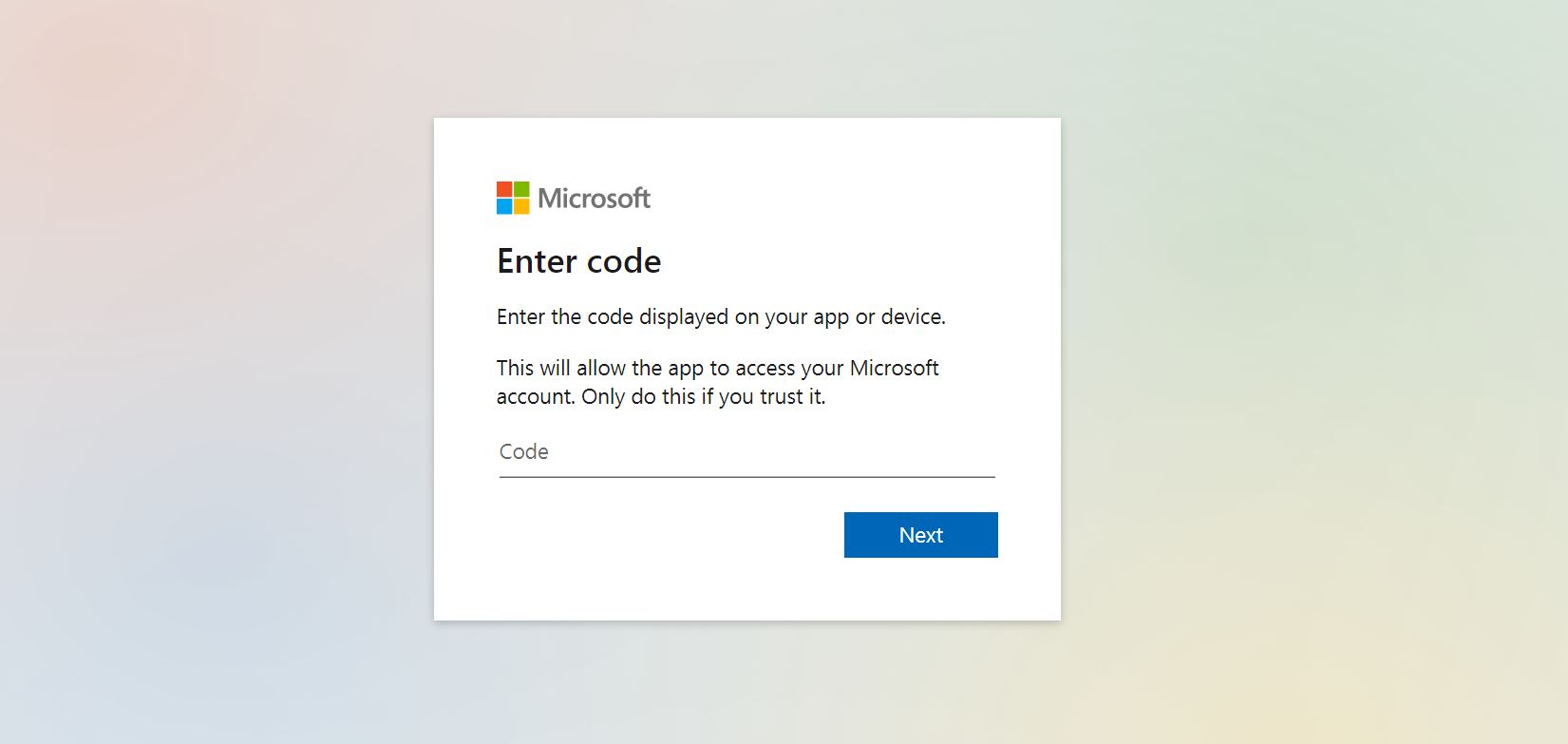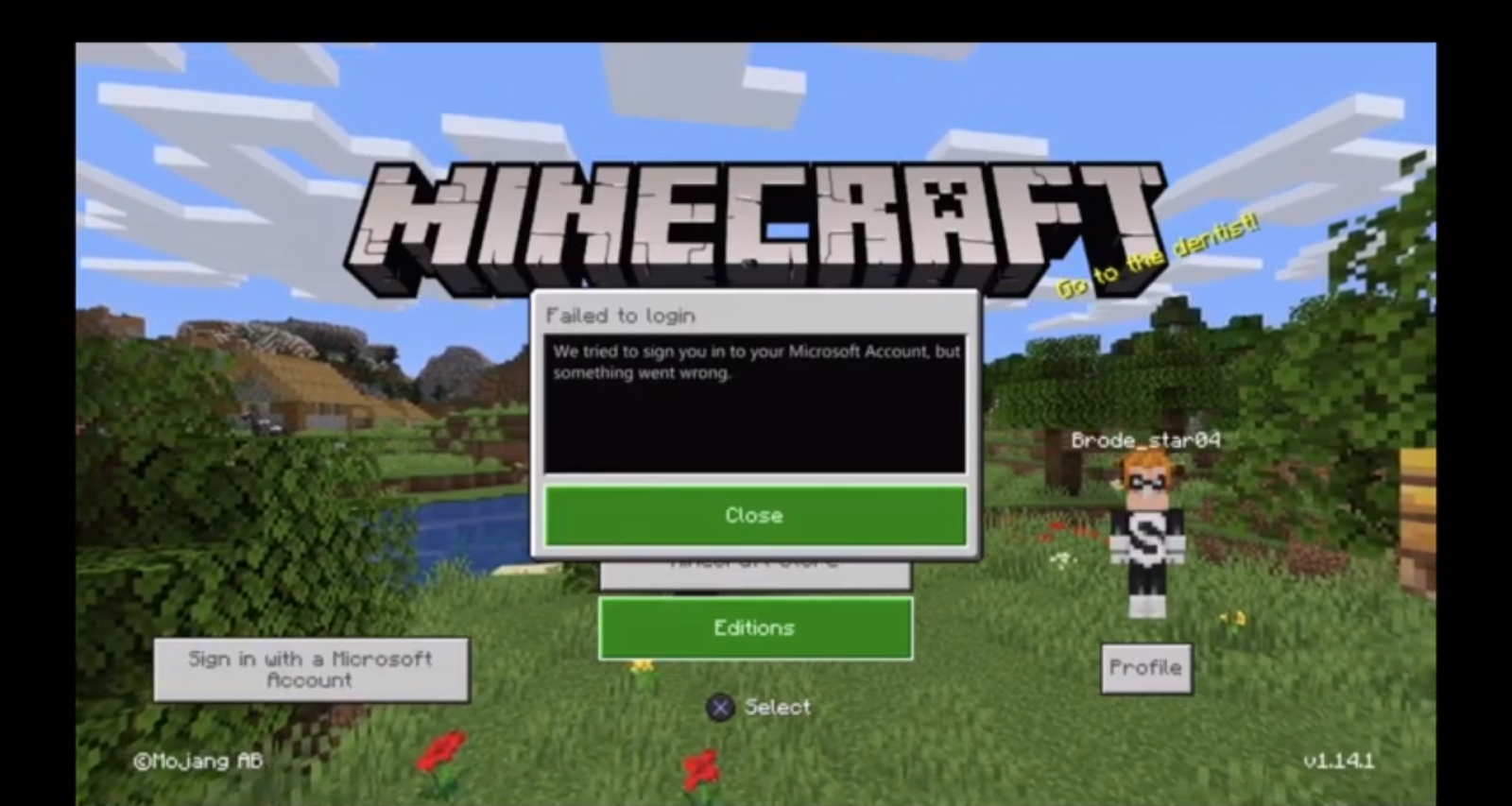Sometimes, in our busy digital lives, we come across little web addresses that seem to hold a lot of meaning, yet they might feel a bit mysterious at first glance. These short links, often starting with "aka.ms", are pretty common, and they usually point us toward something specific, like a particular service or a way to get things set up. They're like a helpful signpost on a digital highway, really, guiding us to where we need to be without having to remember a very long, complicated address. It's about making things a little simpler for everyone, which, you know, is always a nice touch.
One such address you might bump into is aka.ms/remoteconnect. Now, this particular link, like others that begin with "aka.ms", serves a very specific purpose in helping different parts of your digital world talk to each other. Think of it as a special kind of bridge, built to help you link up a device or an account to a larger service. It's a way to streamline a process that could otherwise be a bit fiddly, so you can get on with what you want to do, which is, honestly, quite thoughtful of them.
This discussion will try to clear up some of the questions you might have about these types of links, especially aka.ms/remoteconnect. We'll look at why they exist, what they're generally for, and what you might do if you run into a little snag when using one. It's about making sense of these small but mighty web addresses, so you feel more comfortable and confident when you see them pop up on your screen. So, let's take a closer look, shall we, at how these links help us stay connected.
- Preetha Jobrani
- Who Is Wolfe Married To
- Maddie Price Leaks
- Parker Posey Husband
- Parker Posey Relationship
Table of Contents
- What's the Big Idea Behind "AKA" Links?
- Why Do We See Links Like aka.ms/remoteconnect?
- What Happens When aka.ms/remoteconnect Doesn't Work?
- How Does aka.ms/remoteconnect Relate to New Experiences?
What's the Big Idea Behind "AKA" Links?
You know, the term "AKA" is quite interesting, really. It stands for "Also Known As," and it's a way of saying that something has another name, perhaps one that people remember more easily or use more often. For instance, someone might be known by their birth name, but then they have a nickname that everyone uses, or a stage name that becomes their public identity. It's the name that sticks, the one that people associate with them most readily. This idea, you know, of having a simpler, more recognizable name, is pretty much the core concept behind these "aka.ms" web addresses. They serve as a kind of digital nickname for a much longer, more complex web address that would be a real pain to type out or remember. It makes things so much more convenient for everyone involved.
So, when you see an "aka.ms" link, it's essentially a friendly shortcut. Instead of a very long string of letters and numbers that could easily lead to typos, you get a short, memorable phrase. This is especially helpful when you're trying to share a link in a conversation, or when you see it printed somewhere, like on a screen or in a document. It just makes the whole process of getting to the right spot on the internet a lot less cumbersome. The creators of these links, it seems, really want to make it easier for people to find what they're looking for without a fuss, and that's a good thing, honestly.
It's a pretty smart way to manage web addresses, if you think about it. By giving these longer, sometimes rather technical, addresses a simpler alias, they become much more approachable for everyday users. This approach helps reduce errors and makes the overall experience of connecting to services or finding information a good deal smoother. It's a small detail, perhaps, but it makes a significant difference in how people interact with online resources. This system, in a way, is all about user comfort and straightforward access, which is something we can all appreciate when we're trying to get something done online.
- Marisela Vallejos Félix
- Rouba Saadeh
- Was The Holocaust Or Slavery Worse
- Wahiba Ribery
- Brian Glenn Wikipedia
How aka.ms/remoteconnect Fits In
When we talk about aka.ms/remoteconnect, it falls right into this pattern of being a helpful, shorter web address. Its very name, "remoteconnect," hints at its purpose: helping you link up with something that's not directly in front of you. This could be about bringing together a game system with an online account, or perhaps connecting a piece of software on your computer to a service running elsewhere. It's all about bridging that distance, making it feel as if everything is right there together. The goal, in short, is to simplify the steps needed to get different parts of your digital life talking to each other, which, you know, can sometimes be a bit tricky.
These links are often used in situations where you need to authorize a device or an application. Imagine you're trying to get a new app to work with your existing online profile; instead of a complex setup process, you might be directed to a link like aka.ms/remoteconnect. This link then guides you through a few simple steps to confirm who you are and allow the connection to happen. It's a pretty common method for ensuring security while keeping the user experience as straightforward as possible. So, it's really about making sure that when you need to connect something, the path to doing so is clear and easy to follow, which is a real benefit.
In essence, aka.ms/remoteconnect is a specialized alias designed to facilitate a particular kind of connection. It's part of a broader effort to make digital interactions less intimidating for people. By providing a clear, concise pathway, it helps reduce potential confusion and makes the act of linking up devices or accounts a less daunting task. This focus on user-friendliness is, honestly, a very important part of how modern digital services are put together, ensuring that even those who aren't super tech-savvy can get things working without too much trouble. It's a way to ensure that everyone can participate in the digital world more easily.
Why Do We See Links Like aka.ms/remoteconnect?
So, why do companies, especially large ones that deal with many different services, choose to use these short "aka.ms" links? Well, there are a few good reasons, actually. One big one is convenience, as we touched on earlier. It's much easier to remember and type "aka.ms/remoteconnect" than some long, winding web address that has lots of slashes and strange characters. This makes it simpler for people to get where they need to go, whether they're typing it into a browser or clicking on it from an email. It just cuts down on the friction, you know, that little bit of effort that can sometimes make you give up.
Another reason is consistency and branding. When you see "aka.ms" at the beginning of a link, you generally know it's coming from a particular company, giving you a sense of trust and familiarity. This consistent naming scheme helps people recognize legitimate links and feel more secure about clicking them. It's a way of saying, "This is us, and we're directing you to something important." This can be particularly helpful when a company is updating its services or moving things around, as it provides a stable point of reference. For instance, if a link like aka.ms/wvdarmweb is going to be repointed to a new address, using the "aka.ms" prefix helps users understand that it's still part of the same system, just with a new destination.
Furthermore, these links can be really handy for managing updates and new client rollouts. Instead of telling everyone to go to a brand-new, possibly temporary, address every time there's a change, they can simply update what the "aka.ms" link points to in the background. This means that people who have saved the link or remember it don't need to learn a new one; the old link just takes them to the updated place. It's a pretty clever way to ensure a smooth transition for users when things are being improved or changed. This makes it easier for customers to try out a new client or service without needing to go through a complicated re-consent process, which is a significant plus, honestly.
Making Connections Smooth with aka.ms/remoteconnect
The whole point of a link like aka.ms/remoteconnect is to make the process of getting connected as smooth as possible. Imagine you're trying to link a new device to an online service. Instead of digging through menus or trying to figure out complex network settings, you might simply be given this short link and a code to enter. This streamlined approach takes away a lot of the guesswork and potential for frustration. It's designed to be a direct route, letting you focus on what you want to achieve with the connection, rather than getting bogged down in how to make it happen. This kind of simplicity is, really, quite valuable in our increasingly connected world.
This simplicity is especially important when dealing with services that require a bit of back-and-forth between different platforms or devices. For example, if you need to connect a console to an online account, the console might display a code and tell you to go to aka.ms/remoteconnect on another device, like your phone or computer. This method allows you to complete the linking process on a device where typing and navigating are easier, then the connection is made on the original device. It’s a very practical solution to a common problem, making the whole experience feel less like a chore and more like a quick, simple task, which is a good thing, you know.
By using such a straightforward link, companies can help ensure that more people successfully complete their connection tasks. It reduces the likelihood of errors that might come from mistyping a long address or getting lost in a series of setup screens. This focus on an easy, almost effortless, connection experience is a key part of modern digital design. It means that whether you're setting up a new service or simply trying to get two parts of your digital life to communicate, a link like aka.ms/remoteconnect is there to guide you directly and efficiently. It's all about getting you connected without any unnecessary fuss, which is, frankly, what most of us want.
What Happens When aka.ms/remoteconnect Doesn't Work?
Even with the best intentions for making things easy, sometimes a link, even one as simple as aka.ms/remoteconnect, might not work exactly as expected. It's a bit like when you try to open a door, and it's just stuck for some reason. You might get an error message, or the page might simply not load. This can be a bit frustrating, of course, especially when you're trying to get something important done. For instance, people sometimes receive an error when trying to connect to services like Exchange Online, even with the right tools, and similar issues can pop up with any connection link. It's not always clear what's going on, which can be a bit annoying, to be honest.
There are several reasons why a link like aka.ms/remoteconnect might not function properly. Sometimes, it could be a simple typo when you're entering the address into your browser. Other times, it might be an issue with your internet connection, or perhaps a temporary problem with the service itself. It's also possible that your browser's settings, like certain security features or extensions, might be interfering with the connection. These things happen, you know, and it's usually not a sign that something is terribly wrong, just that there's a small hurdle to get over. It's worth remembering that these digital pathways, while often very reliable, can have their little moments of trouble.
When you encounter such a problem, it's natural to feel a bit lost, but there are usually some simple steps you can take to figure things out. It's about approaching the problem methodically, trying one thing at a time to see if it helps. Just like you'd check if a light switch is off before assuming the bulb is broken, you can check the most common culprits first. This kind of patient approach often leads to a quick fix, letting you get back to what you were trying to do without too much delay. So, don't despair if a link doesn't work right away; there's usually a straightforward solution waiting to be found, which is a relief.
Troubleshooting Tips for aka.ms/remoteconnect Issues
If you find that aka.ms/remoteconnect isn't behaving as it should, there are a few basic things you can try. First off, double-check that you've typed the address correctly. It's easy to miss a letter or put a space where it doesn't belong, and that's often the simplest fix. After that, you might want to try refreshing the page or even closing your browser and opening it again. Sometimes, a fresh start is all that's needed to clear up a temporary glitch. These simple steps can, believe it or not, solve a good many connection headaches, which is pretty convenient.
Next, consider your internet connection. Is it stable? Are other websites loading correctly? If your internet is acting up, that could definitely be the cause. You might try restarting your router or modem to see if that helps. Also, sometimes clearing your browser's cache and cookies can resolve issues, as old data might be interfering with the new connection. It's a bit like tidying up your digital workspace, making sure everything is clean and ready for new information. This can often help if the problem seems to be specific to your computer
Related Resources:



Detail Author:
- Name : Ray Ward
- Username : kellen43
- Email : genesis.pagac@yahoo.com
- Birthdate : 1975-10-18
- Address : 39637 Astrid Shoal Apt. 006 Sawaynmouth, OH 86981
- Phone : 1-430-967-1537
- Company : Halvorson-Baumbach
- Job : Well and Core Drill Operator
- Bio : Quia amet occaecati perferendis. Ipsum voluptatem adipisci voluptas quia et. Deleniti perferendis sequi corrupti voluptas qui earum. Sed sint eos incidunt magni dolorem.
Socials
linkedin:
- url : https://linkedin.com/in/nicolasb
- username : nicolasb
- bio : Maxime culpa non et rerum quasi.
- followers : 3020
- following : 1268
instagram:
- url : https://instagram.com/nicolasb
- username : nicolasb
- bio : Error facilis deserunt sint nam suscipit voluptas. Est exercitationem qui quia.
- followers : 4613
- following : 871
twitter:
- url : https://twitter.com/nicolas2019
- username : nicolas2019
- bio : Ex in omnis blanditiis quia dicta. Et rem magni laudantium at mollitia qui officia.
- followers : 5569
- following : 2795
tiktok:
- url : https://tiktok.com/@brennan_official
- username : brennan_official
- bio : Sit consequatur accusamus sit labore exercitationem et.
- followers : 5509
- following : 1491